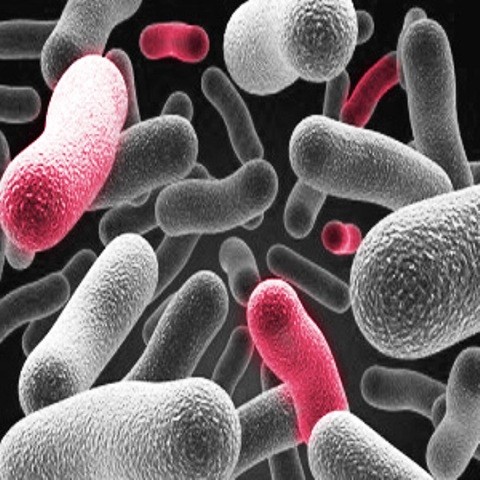Researchers Discover New Species of Intestinal Bacteria and Viruses

Scientists discover 500 unknown micro-organisms and 800 viruses thriving inside the human gut.
Recently, researchers from the Technical University of Denmark Systems Biology developed a new method called the 'co-abundance principle' that helps in genetic sequencing of micro-organisms.
Using this technique they analyzed different DNA samples of the same living organism and identified 800 bacterial viruses or 'bacteriophages' that attack gut bacteria. The experts were also able to detect which virus specifically attacks which bacteria. These findings may aid in understanding the nature and responses of different intestinal bacteria to devise treatments for a number of diseases.
"Using our method, researchers are now able to identify and collect genomes from previously unknown microorganisms in even highly complex microbial societies. This provides us with an overview we have not enjoyed previously," said study authors, Soren Brunak and Henrik Bjorn Nielsen, reports the Financial Express.
So far, only 200 to 300 different species of intestinal bacteria were known and the current scientific development maps more than twice the number of gut microorganisms. It also helps observe the symbiotic existence of bacteria and viruses and their interactions, which earlier were individually examined in labs.
"Our study tells us which bacterial viruses attack which bacteria, something which has a noticeable effect on whether the attacked bacteria will survive in the intestinal system in the long term," said Henrik Bjorn Nielsen, reports the Financial Express.
Inter-bacterial reactions help interpret intestinal flora and treat stomach infections. The authors believe their study provides a solution for growing incidence of anti-biotic resistance by eliminating only a few disease causing organisms from the digestive tract.
"We have previously been experimenting with using bacteria and viruses to fight disease, but this was shelved because antimicrobial agents have been so effective in combating many infectious diseases. If we can learn more about who attacks who, then bacterial viruses could be a viable alternative to antimicrobial agents. It is therefore extremely important that we now can identify and describe far more relations between bacteria and the viruses that attack them," said Henrik Bj-rn Nielsen. Henrik Bjorn Nielsen, reports the News Medical. Net.
More information is available online in the journal Nature Biology.
Jul 08, 2014 08:33 AM EDT




